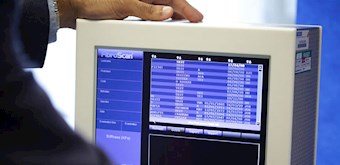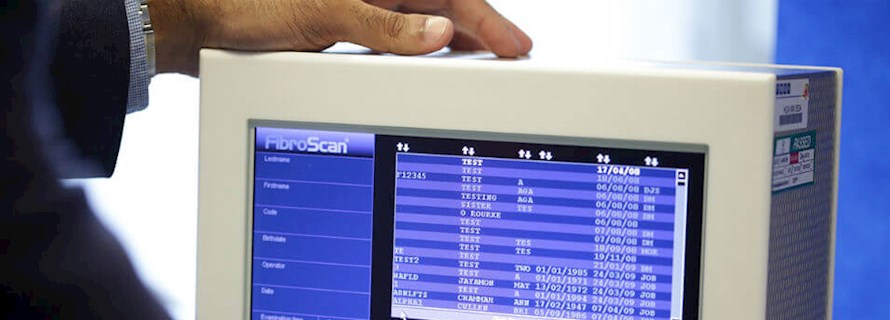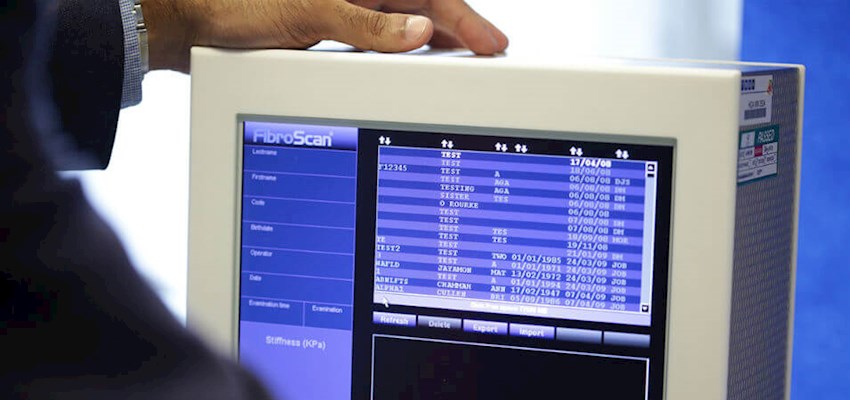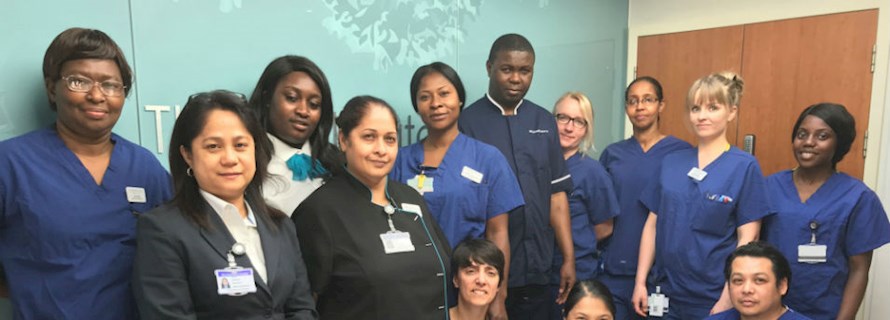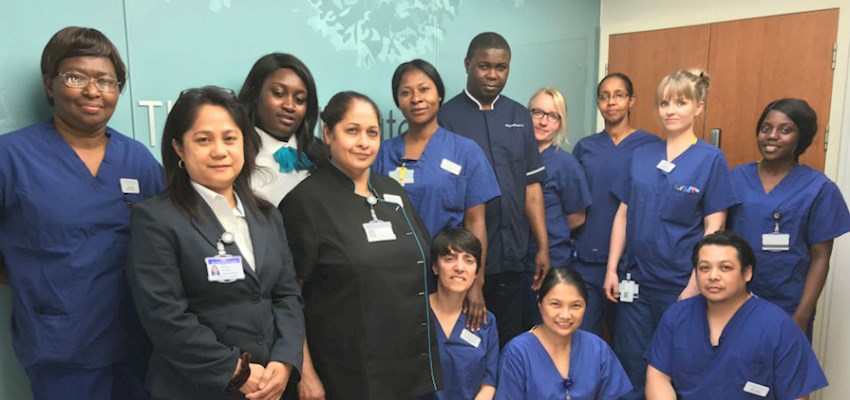
Surgery for liver metastases
Surgery may be used to treat liver metastasis when one or a few areas of cancer are found. It is called a liver resection whereby the area of the liver that contains cancer is removed. We also perform laparoscopic (keyhole) liver resections, where our surgeons make several smaller incisions in the abdomen and then insert a laparoscope (a thin, tube-like instrument with a light and lens) to remove the cancer. Liver metastases from bowel cancer are commonly treated, but secondaries from other tumours are also considered for surgery, the commonest being neuroendocrine, breast and renal cancer.
